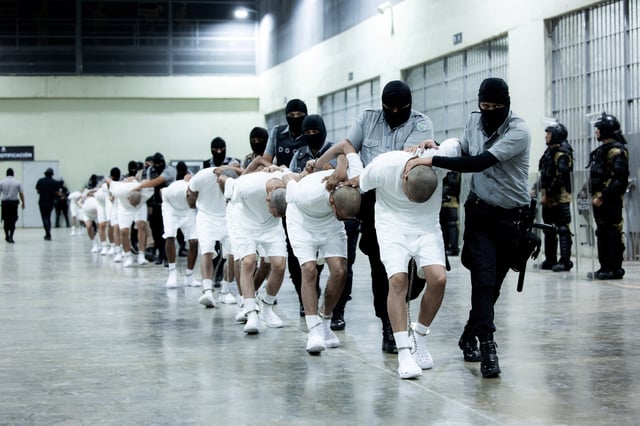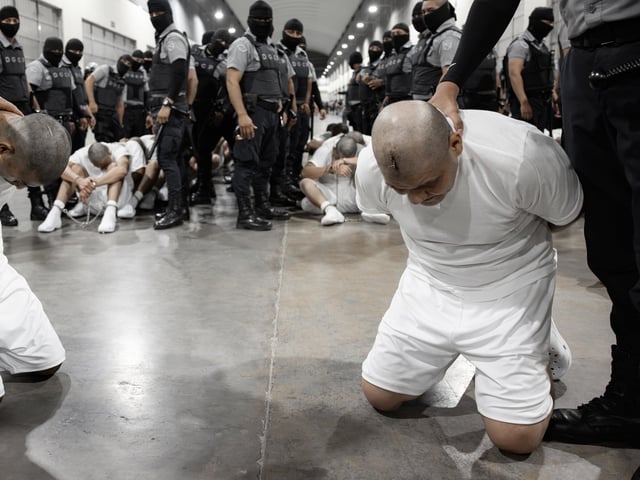Overview
- U.S. District Judge James Boasberg upheld his restraining order requiring individualized hearings for Venezuelan immigrants targeted under the Alien Enemies Act.
- The Trump administration has appealed the decision, with the D.C. Circuit Court of Appeals now reviewing whether deportations can proceed without hearings.
- Government lawyers invoked the state secrets privilege to withhold details of deportation flights, citing national security concerns.
- Critics argue that some deportees were misidentified as gang members, raising human rights concerns over the lack of due process.
- The case marks the first use of the Alien Enemies Act since World War II, fueling debates over its modern applicability and executive authority.



